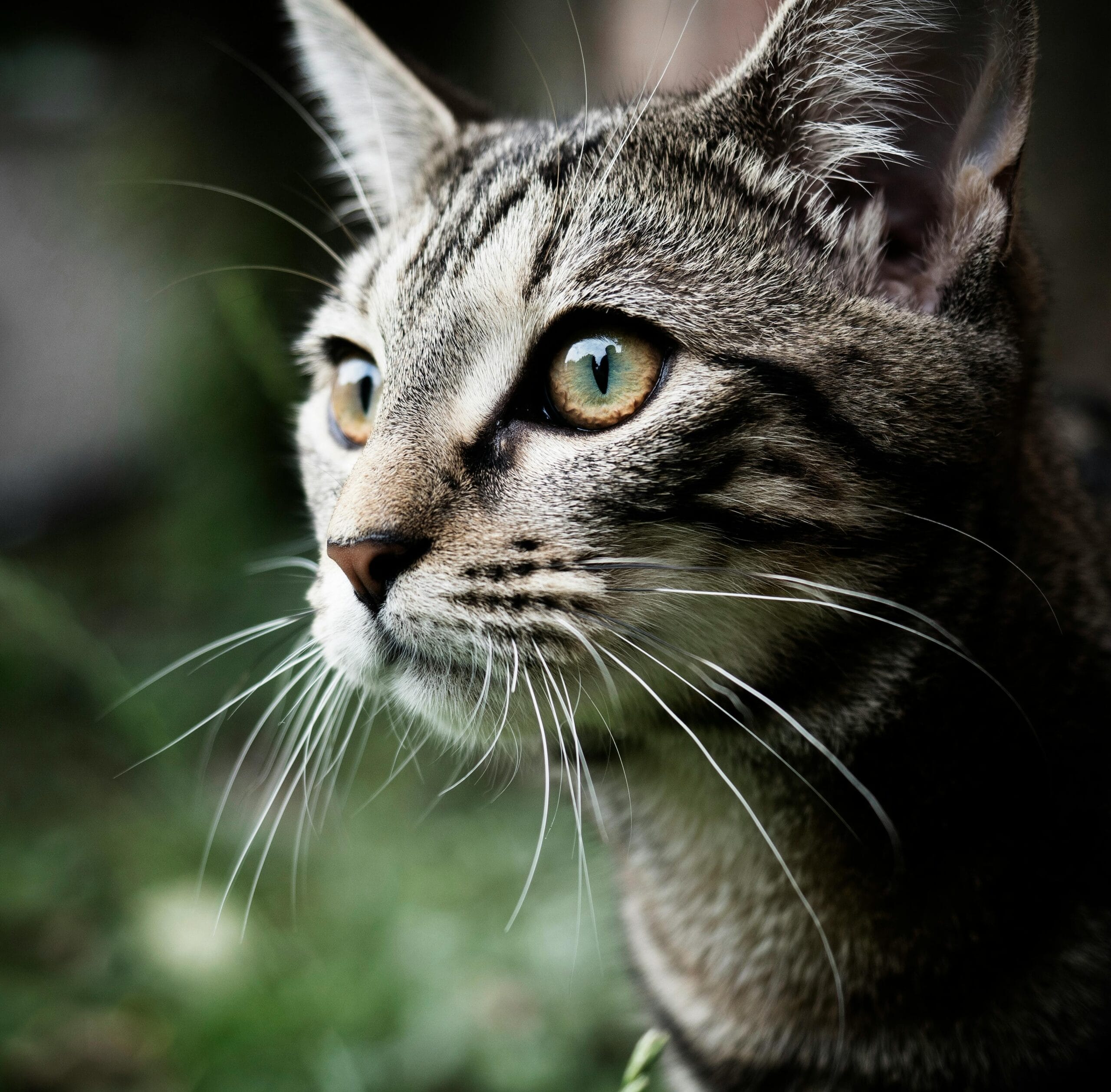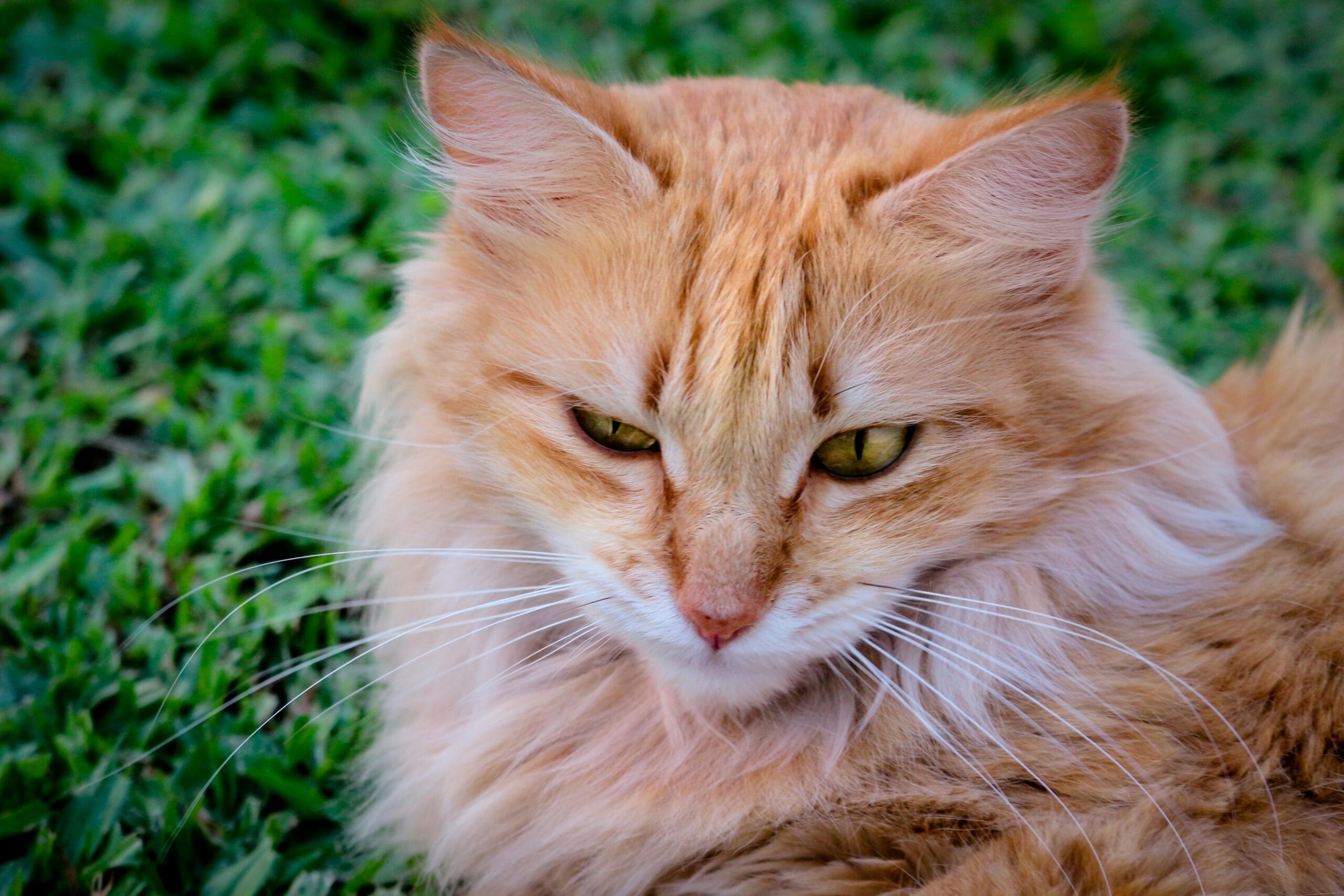Can Cats Have Almond Milk ?

Can Cats Have Almond Milk? Find out if almond milk is safe for cats. Learn about the risks and benefits of giving your feline friend this alternative milk. Cats and Almond Milk: Is Almond Milk Safe for Cats? Discover the answers here!
Can Cats Have Almond Milk? A Comprehensive Guide for Cat Owners
The question, “Can cats have almond milk?” is a common one among cat owners exploring alternative milk options. While cow’s milk is notoriously problematic for cats, the rise of plant-based alternatives has led many to wonder about the suitability of almond milk for their feline companions. This comprehensive guide will delve into the details of cats and almond milk, exploring its potential benefits, risks, and ultimately, whether is almond milk safe for cats.
Understanding Feline Dietary Needs
Before we address the specific question of almond milk, it’s crucial to understand a cat’s nutritional requirements. Cats are obligate carnivores, meaning their bodies are specifically designed to thrive on a diet primarily composed of meat. Their digestive systems aren’t equipped to efficiently process large amounts of plant-based material. They require specific nutrients found abundantly in animal-based foods, such as taurine, arachidonic acid, and vitamin A, which are essential for their overall health and well-being. Substituting significant portions of a cat’s diet with plant-based alternatives can lead to nutrient deficiencies and potential health problems.
Can Cats Have Almond Milk? The Short Answer
The short answer is: generally, no. While a tiny lick of unsweetened almond milk is unlikely to cause harm, it’s not a suitable replacement for water and shouldn’t be a regular part of a cat’s diet. Almond milk lacks the essential nutrients cats need and can even contribute to digestive upset in some felines.
Is Almond Milk Safe for Cats? Exploring the Risks
While a small amount of plain, unsweetened almond milk might not cause immediate harm, there are several reasons why it’s not recommended for cats:
- Lactose-Free, but not necessarily Cat-Friendly: Unlike cow’s milk, almond milk is lactose-free. However, this doesn’t mean it’s automatically safe. The lack of essential nutrients mentioned earlier remains a significant concern.
- Digestive Upset: Some cats may experience diarrhea or vomiting after consuming almond milk, especially if it’s sweetened or flavored. These additives can be irritating to their sensitive digestive systems.
- Nutrient Deficiencies: Almond milk lacks the vital nutrients cats need, such as taurine, an amino acid crucial for heart and eye health. A diet lacking taurine can lead to serious health problems. A study published in the Journal of Nutrition found a direct correlation between taurine deficiency and feline cardiomyopathy (link to study). This highlights the importance of ensuring a cat’s diet contains all the necessary nutrients.
- Sugar Content: Many commercially available almond milks contain added sugars, which are detrimental to a cat’s health. Excess sugar can contribute to weight gain, diabetes, and other health issues.
- Thickener and Additives: Some almond milks contain thickeners and other additives that can upset a cat’s stomach.
Cats and Almond Milk: Exploring the Benefits (or Lack Thereof)
There are essentially no benefits to giving a cat almond milk. Any perceived advantages are far outweighed by the potential risks. While some owners might think it’s a healthier alternative to cow’s milk, this is a misconception. A cat’s nutritional needs are best met with a high-quality cat food formulated to meet their specific dietary requirements.
What to Give Your Cat Instead of Almond Milk
Water should always be the primary drink for your cat. If you’re looking to offer your cat a treat occasionally, consider small amounts of unsweetened, plain yogurt (in moderation, as some cats are lactose intolerant) or a lick of tuna juice (only in tiny quantities). Always prioritize fresh water.
Alternative Milk Options for Cats
The best option is to simply not give your cat any milk alternatives. Feline digestive systems aren’t designed for milk of any kind. Sticking to fresh water and a high-quality diet is the best way to ensure your cat’s health. If your cat seems dehydrated or is unwell, consult with a veterinarian immediately.
Understanding Your Cat’s Hydration
Ensuring your cat is properly hydrated is crucial for its overall health. Observe your cat’s water intake and urination habits. If you notice any changes, consult your veterinarian to rule out any underlying medical conditions. Dehydration can be a sign of a serious health problem, and prompt veterinary care is essential.
Addressing Specific Concerns about Cats and Almond Milk
Many cat owners worry about giving their cats milk because of the lactose content. While cow’s milk is high in lactose, leading to digestive issues, the same isn’t true for almond milk, which is lactose-free. However, the absence of lactose doesn’t negate the other concerns raised earlier regarding nutrient deficiencies and potential digestive upset from additives.
The Bottom Line: Is Almond Milk Safe for Cats?
To reiterate, while a tiny amount of plain, unsweetened almond milk probably won’t kill your cat, it provides no nutritional benefit and carries potential risks. The best choice for your feline friend is to stick to fresh, clean water and a well-balanced diet tailored to their nutritional needs. Providing any type of milk alternative should be avoided. Always consult with your veterinarian if you have any concerns about your cat’s diet or health. A vet visit is crucial if you suspect any dietary-related problems.
More information on feline nutrition can be found on the website of the Association for Pet Obesity Prevention (link to APOP), which offers valuable resources and guidelines.
The American Veterinary Medical Association (link to AVMA) also provides excellent resources on various aspects of cat health and care.
Call to Action
Have you ever experimented with giving your cat almond milk or other plant-based alternatives? Share your experiences and any observations regarding your cat’s reaction in the comments section below. Let’s build a community of cat owners who can learn from each other’s experiences with cats and almond milk and contribute to a better understanding of is almond milk safe for cats and what’s best for our feline companions! Your insights on can cats have almond milk will be invaluable!

10 FAQs: Can Cats Have Almond Milk?
1. Can cats have almond milk?
The short answer is: generally no. While a tiny lick won’t likely harm them, almond milk isn’t a suitable part of a cat’s diet. It lacks the nutrients cats need and can even be harmful in larger quantities. Focusing on a diet specifically formulated for cats is crucial for their health. The question of “Can Cats Have Almond Milk” often arises out of well-meaning intentions, but providing the right food is key.
2. Is almond milk safe for cats?
Not entirely. Small amounts are probably not going to cause immediate harm, but almond milk offers little to no nutritional value for cats and can lead to digestive upset, diarrhea, or vomiting if consumed in larger quantities. The question “Is Almond Milk Safe for Cats” highlights a crucial concern – prioritising their dietary needs.
3. What are the risks of giving my cat almond milk?
The main risks associated with “Cats and Almond Milk” are digestive issues. Almond milk can cause diarrhea, vomiting, and potentially dehydration. Additionally, it lacks essential nutrients cats require, leading to potential nutritional deficiencies if consumed regularly.
4. Why is almond milk bad for cats?
Almond milk lacks the vital nutrients cats obtain from their species-specific diet. It’s low in protein and fat, which are crucial for their energy and overall health. Furthermore, some brands contain added sugars or artificial sweeteners that are toxic to cats.
5. My cat drank a little almond milk, should I be worried?
A small amount of accidental ingestion is unlikely to cause serious harm. Monitor your cat for any signs of digestive upset (vomiting, diarrhea). If you notice any concerning symptoms, contact your veterinarian.
6. Can I use almond milk in my cat’s food?
No, you should not use almond milk in your cat’s food. It’s not a suitable substitute for their regular diet and can cause digestive problems. Stick to food specifically formulated for cats to ensure they receive the necessary nutrients.
7. Are there any alternatives to cow’s milk for cats?
Cow’s milk is also not ideal for cats. If your cat needs extra hydration, offer fresh, clean water. If you have concerns about their diet or hydration, consult your veterinarian. They can advise on appropriate alternatives if needed.
8. What happens if my cat drinks a lot of almond milk?
Drinking a significant amount of almond milk can lead to severe digestive upset, including diarrhea, vomiting, and dehydration. This could necessitate a vet visit. This underlines the importance of keeping almond milk away from your cat.
9. My kitten drank some almond milk, what should I do?
Monitor your kitten for any signs of illness like vomiting or diarrhea. If you observe any symptoms, contact your veterinarian immediately. Kittens are particularly vulnerable to digestive issues.
10. Can I give my cat lactose-free almond milk?
Even lactose-free almond milk isn’t suitable for cats. The absence of lactose doesn’t negate the lack of essential nutrients and potential for digestive upset. Always choose cat food specifically designed for their dietary requirements. The question “Can Cats Have Almond Milk,” regardless of the type, should always be answered with caution.

Can Cats Have Almond Milk? A Guide to Feline-Friendly Drinks
While the allure of sharing your almond milk with your feline friend might be tempting, it’s crucial to understand the potential health implications. This guide provides practical tips and health considerations regarding cats and almond milk consumption.
Is Almond Milk Safe for Cats?
The short answer is: generally, no. Almond milk lacks the essential nutrients cats need, and some varieties contain ingredients that can be harmful.
Health Considerations:
- Lactose-Free, but Not Nutrient-Rich: Unlike cow’s milk, almond milk is lactose-free. However, it lacks the vital nutrients cats obtain from their specifically formulated food, such as taurine, protein, and essential fatty acids. A diet lacking these can lead to serious health problems.
- Added Sugars and Sweeteners: Many commercially available almond milks contain added sugars, artificial sweeteners (like xylitol, which is extremely toxic to cats), and thickeners. These additives can cause digestive upset, weight gain, and other health issues.
- Potential for Allergies: Some cats may be allergic to nuts or other ingredients found in almond milk, leading to skin reactions, digestive problems, or more severe allergic responses.
- Nutritional Imbalance: Providing almond milk as a regular drink can displace the essential nutrients your cat needs from its proper diet, leading to malnutrition.
Practical Tips:
- Stick to Water: The best beverage for your cat is fresh, clean water. Ensure your cat always has access to a clean water source.
- Consult Your Veterinarian: If you have any concerns about your cat’s diet or hydration, always consult your veterinarian. They can provide personalized advice based on your cat’s specific needs and health status.
- Avoid Giving Almond Milk: Unless specifically recommended by your veterinarian for a very specific medical reason, avoid giving your cat almond milk or any other non-cat-specific milk alternatives.
- Focus on a Balanced Diet: Ensure your cat receives a complete and balanced diet through high-quality cat food that meets all their nutritional requirements.
Keywords:
cat health, almond milk, cats and almond milk, is almond milk safe for cats, feline diet, cat nutrition, cat health tips, can cats drink almond milk, cat drinks, kitten health
1 thought on “Can Cats Have Almond Milk ?”